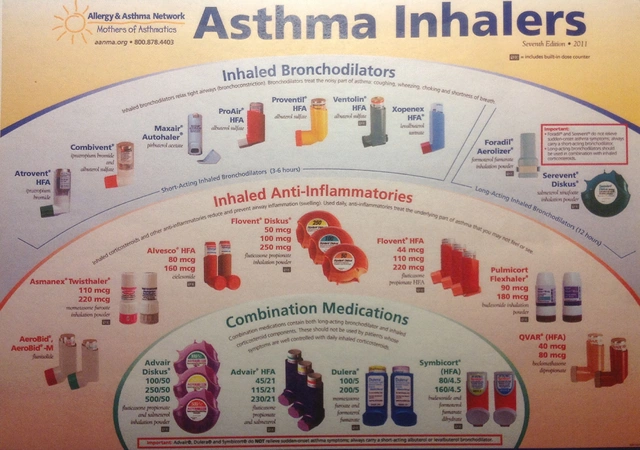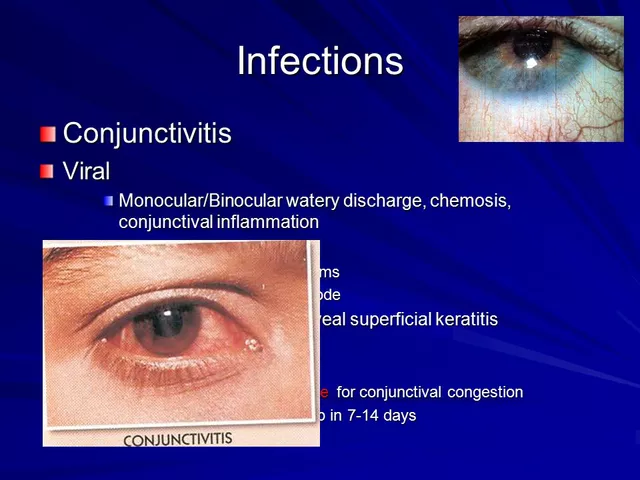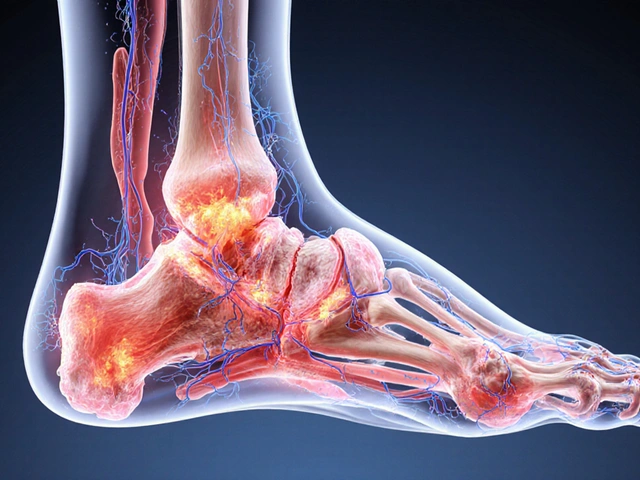Clinical Trials Explained: The Basics You Need to Know
If you’ve ever wondered how a new drug gets from the lab bench to your pharmacy shelf, the answer is simple – clinical trials. These studies test safety and effectiveness in real people before doctors can prescribe anything widely.
Why Clinical Trials Are Important
A drug that looks promising in a petri dish might fail in humans or cause unexpected side effects. Clinical trials catch those problems early, protect patients, and give regulators the data they need to approve medicines. Without them, we’d have no way to know which treatments actually work.
Each trial follows a strict set of phases. Phase 1 checks safety with a small group of healthy volunteers. Phase 2 expands to people who have the condition the drug is meant to treat, looking at dose and early effectiveness. Phase 3 involves hundreds or thousands of patients across multiple sites, confirming benefits and monitoring rare side effects. If everything goes well, the sponsor files for approval.
Beyond new drugs, trials also test medical devices, lifestyle changes, and even diet plans. The results can change guidelines, improve standard care, and sometimes lead to whole new treatment categories.
How to Find Reliable Trial Info
When you’re curious about a specific study or want to join one, start with trustworthy sources. Government sites like ClinicalTrials.gov list thousands of ongoing studies, their eligibility criteria, and contact details. You can filter by condition, location, or phase.
UpScript’s own tag page for "clinical trials" gathers articles that break down complex topics into plain language. For example, our piece on the link between oxybutynin and dementia discusses how researchers evaluate risk in real‑world trial data. Another article compares online pharmacy safety, giving you a sense of how regulatory oversight works during drug testing.
If a trial sounds interesting, read the full study description before signing up. Look for clear information about who will run the study, what compensation (if any) is offered, and how your privacy will be protected. Ask your doctor if participating fits with your health plan.
Remember, not every trial is right for everyone. Age, existing conditions, and current medications can affect eligibility. The best approach is to gather facts, talk to a healthcare professional, and decide based on what feels safest for you.
Clinical trials are the engine that drives medical progress. By understanding how they work and where to find reliable info, you become an active participant in your own health journey. Keep exploring UpScript’s articles for more practical tips and up‑to‑date research findings.

Esketamine Nasal Spray Outperforms Quetiapine in Latest Treatment-Resistant Depression Trials
In a landmark study, esketamine nasal spray has been found to be more effective than quetiapine in treating treatment-resistant depression, marking a potential paradigm shift in how this challenging condition is managed.
Detail




